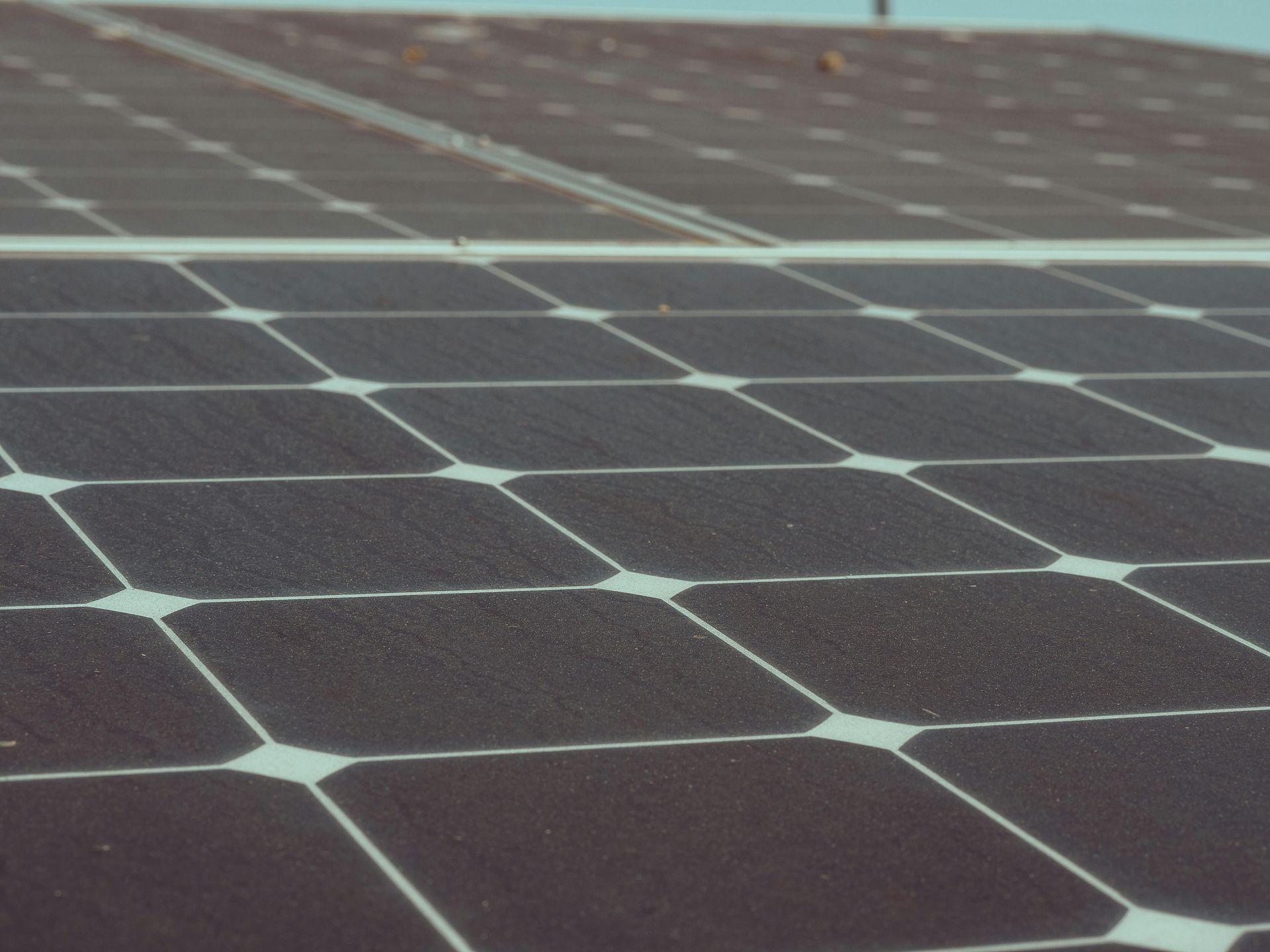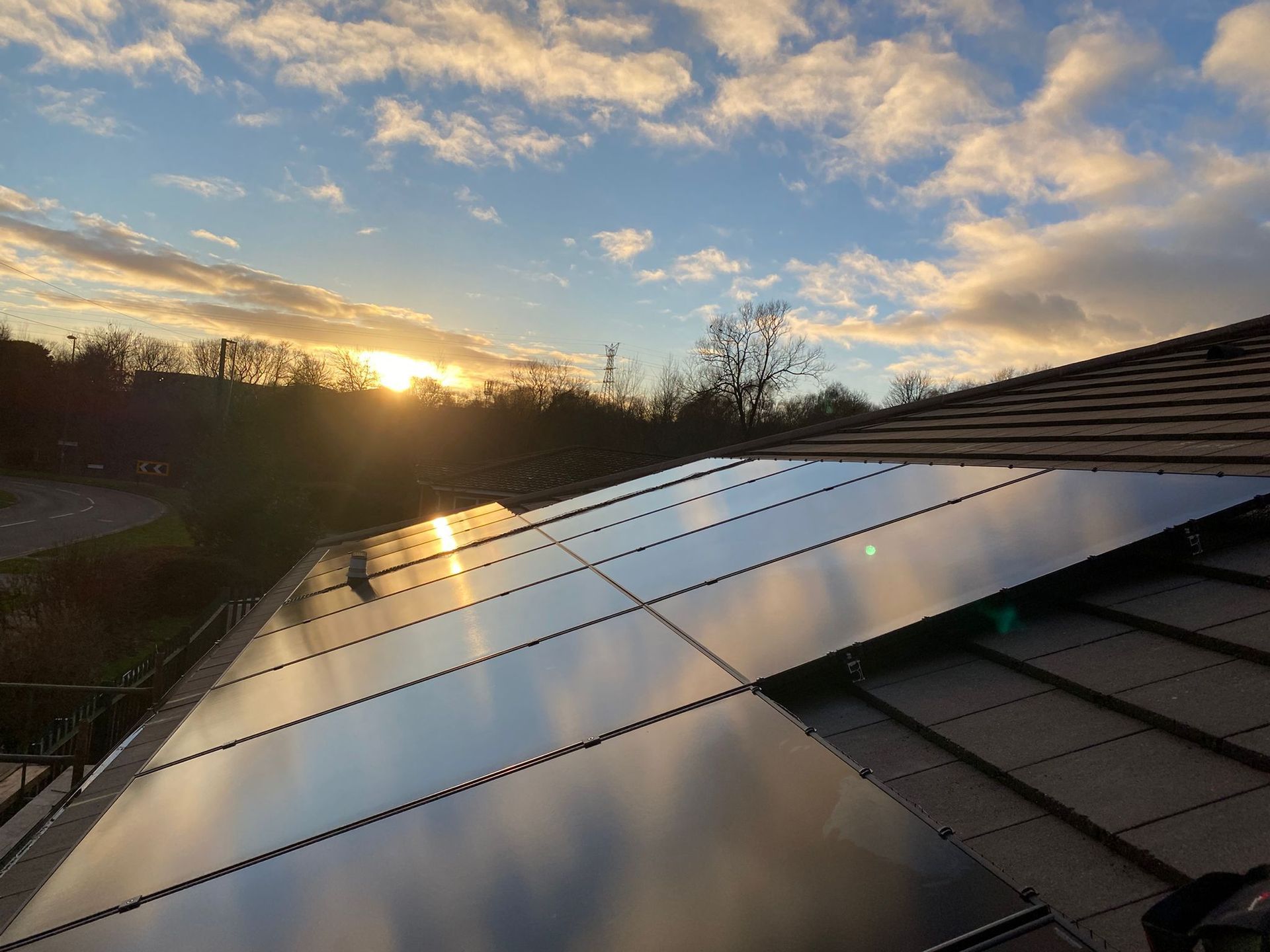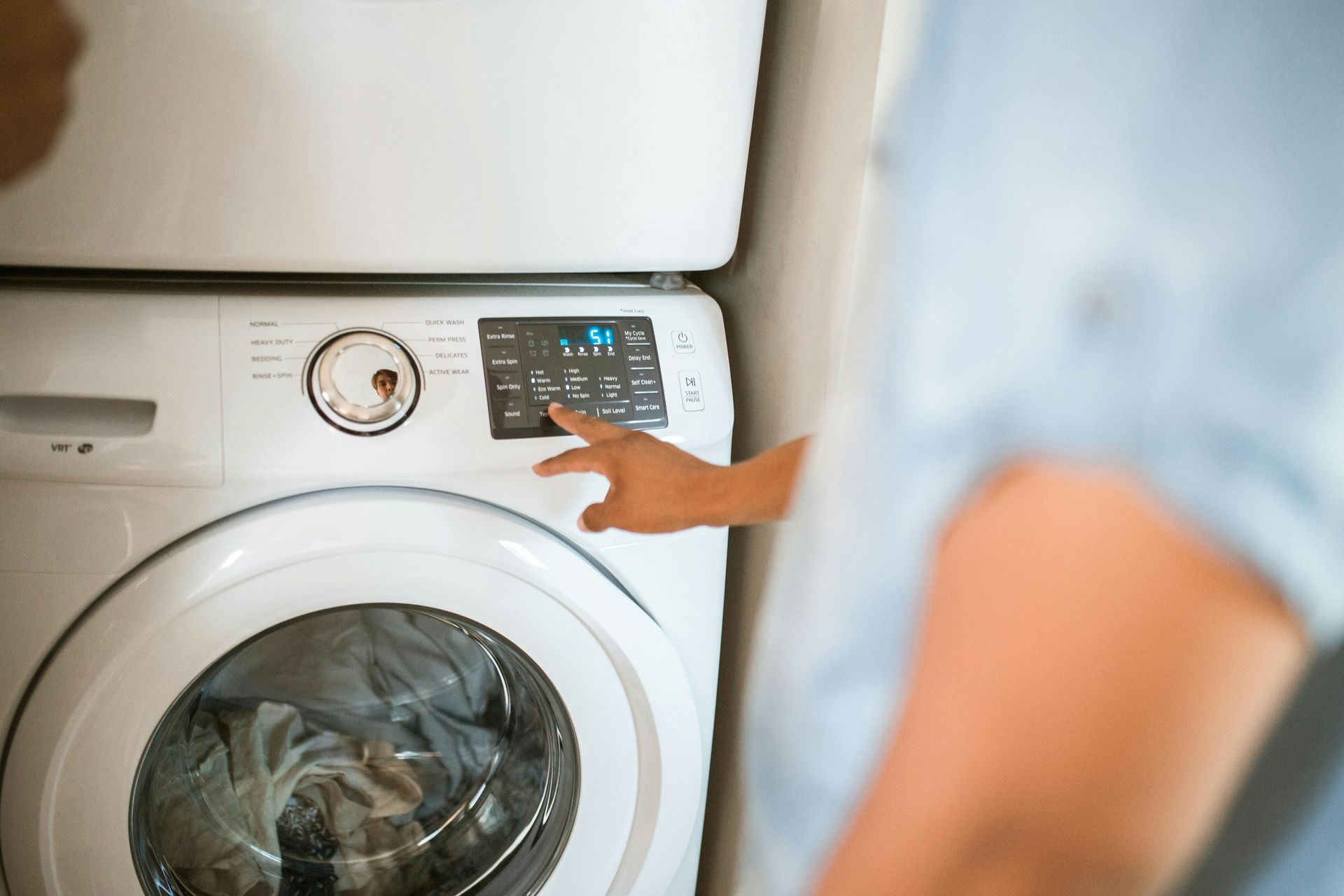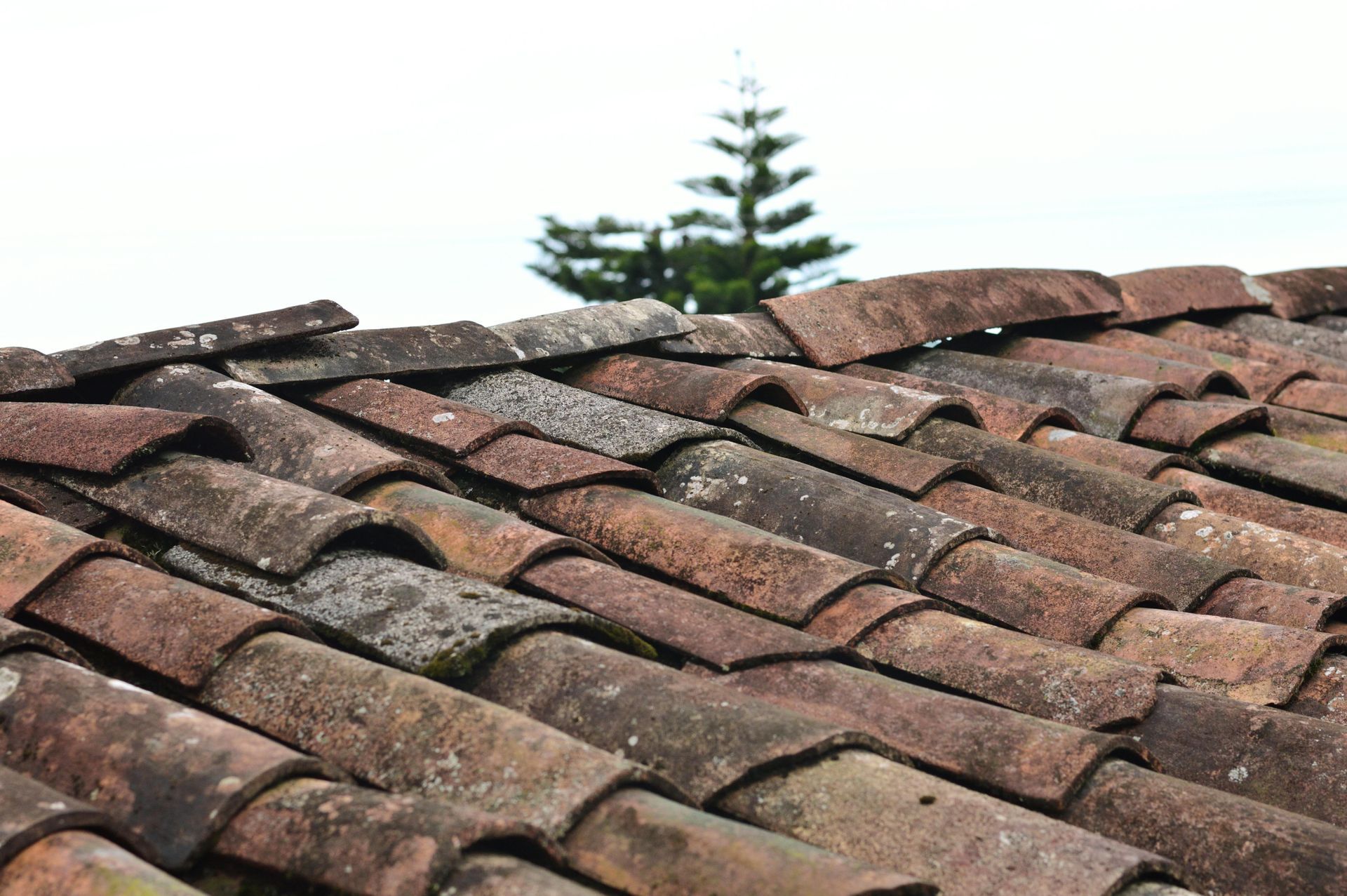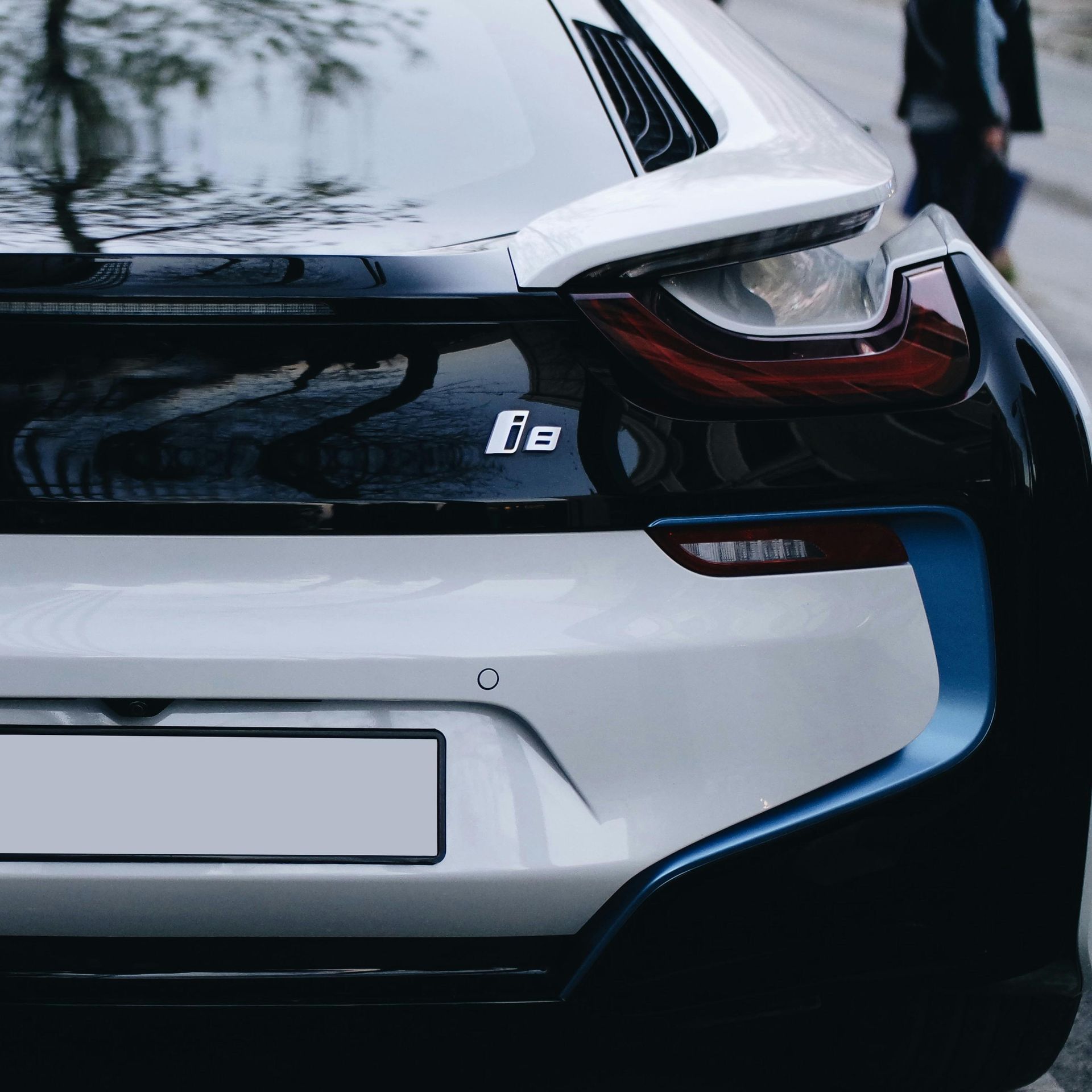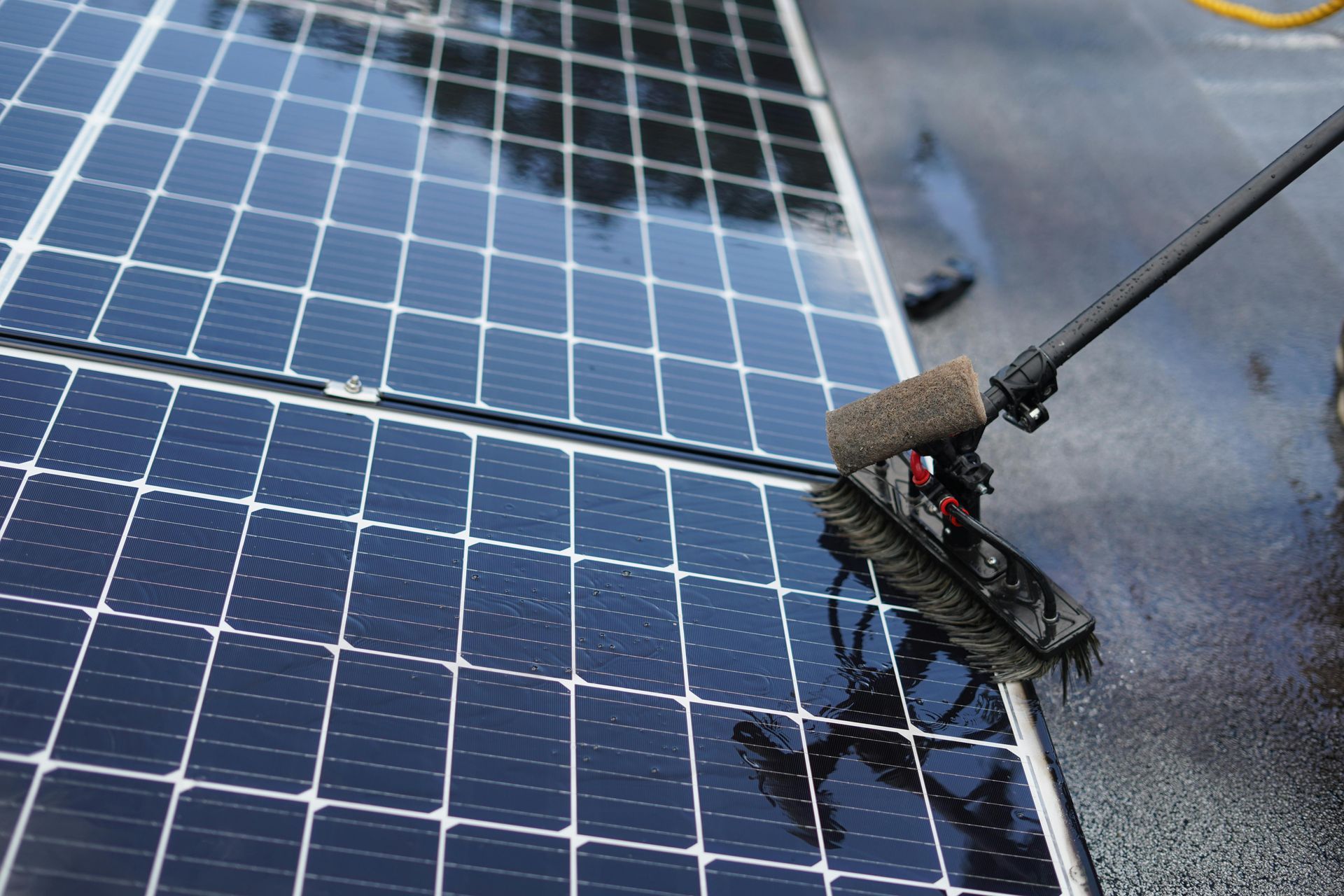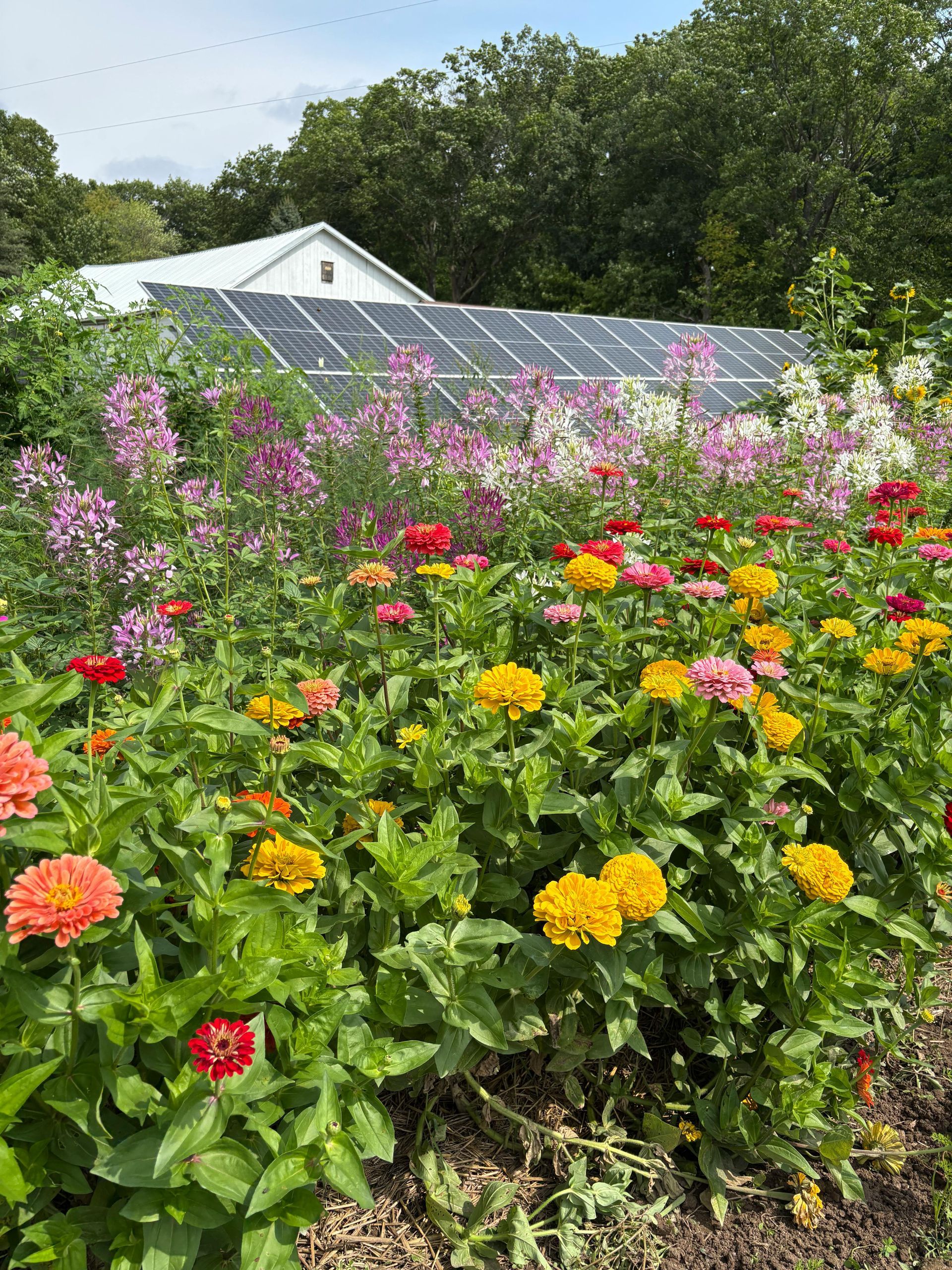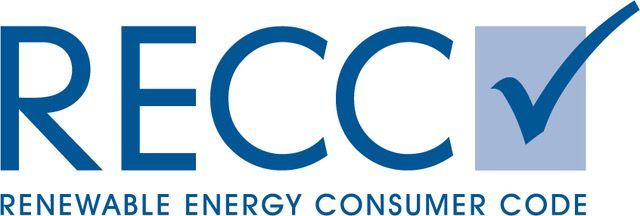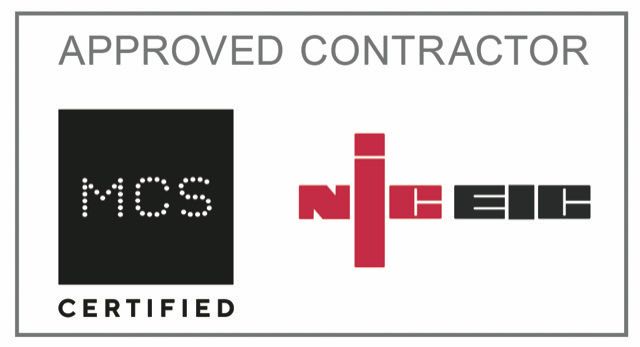How Long Do Solar Panels Last?
Understanding Solar Energy Longevity
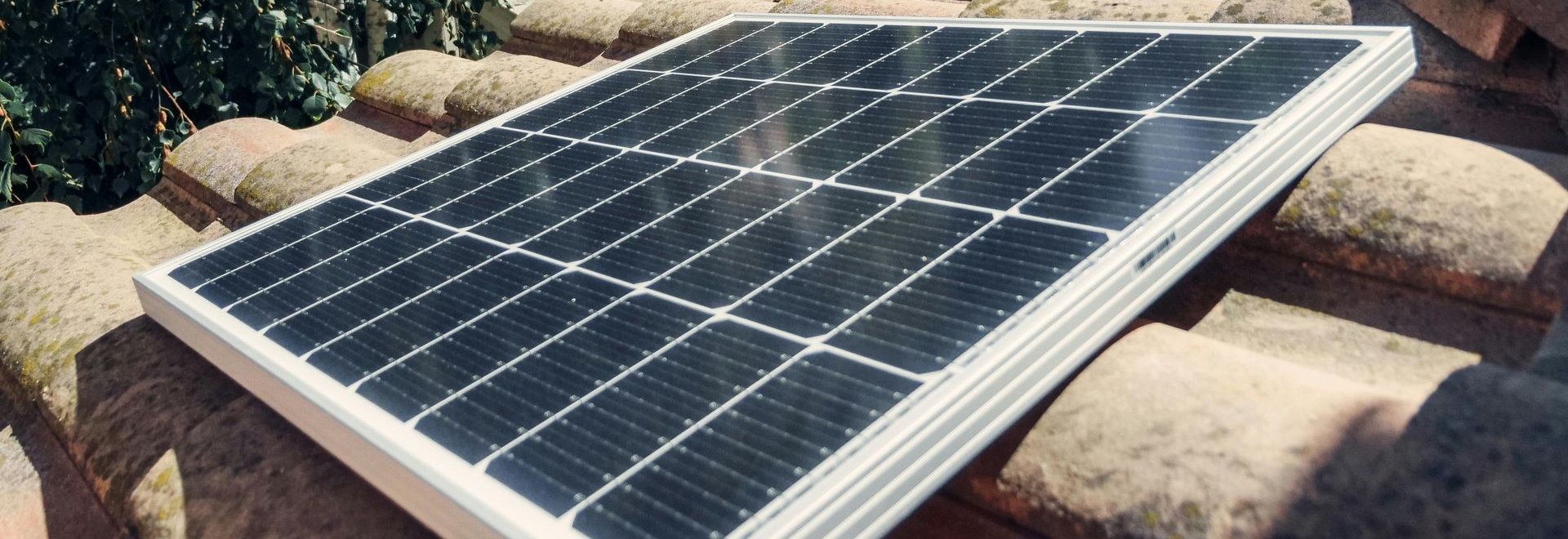
As more homeowners turn to solar energy, understanding the longevity of solar panels becomes an essential part of the decision-making process. These renewable energy solutions not only promise a reduction in electricity bills but also a commitment to sustainable living. The lifespan of solar panels is typically around 25 to 30 years, but with proper care and regular maintenance, their efficiency can be extended. In this guide, we will explore how to extend solar panel life and provide valuable solar panel care tips to ensure your investment stands the test of time.
How Long Do Solar Panels Last?
Solar panels are designed to be durable and long-lasting. The average lifespan of solar panels is typically between 25 to 30 years, but many can continue to function beyond this timeframe.
It's important to note that solar panels don't simply stop working after their expected lifespan. Instead, their efficiency gradually decreases over time, a process known as degradation.
Most solar panels have a degradation rate of about 0.5% to 1% per year. This means that after 25 years, a panel might still be operating at 75-87.5% of its original capacity, depending on various factors.
Factors Affecting Solar Energy Longevity
Several factors can influence the longevity of solar panels. Understanding these can help homeowners make informed decisions and take steps to maximise their solar investment.
Climate and weather conditions play a significant role. Extreme temperatures, heavy snowfall, or frequent hailstorms can potentially reduce panel lifespan.
Quality of installation is another crucial factor. Properly installed panels are less likely to suffer from issues like loose connections or water ingress, which can shorten their lifespan.
Panel quality and technology also matter. High-quality panels from reputable manufacturers tend to last longer and maintain better efficiency over time.
Solar Warranty Information Explained
Solar panel warranties are a key consideration when investing in a solar energy system. They provide assurance about the expected performance and lifespan of your panels.
Most solar panels come with two types of warranties:
- Product warranty: This typically covers defects in materials and workmanship for 10-12 years.
- Performance warranty: This guarantees a certain level of power output over time, often 90% capacity after 10 years and 80% after 25 years.
It's crucial to read and understand the warranty terms before making a purchase. Some manufacturers offer more comprehensive coverage or longer warranty periods, which can be indicative of the panel's quality and expected longevity.
Extending Solar Panel Life
Maximising the lifespan of your solar panels involves regular maintenance, proper care, and timely inspections. This section outlines key strategies to help you get the most out of your solar energy system.
Solar Panel Maintenance Essentials
Maintaining solar panels is relatively straightforward but crucial for ensuring their longevity and optimal performance. Regular cleaning is one of the most important aspects of solar panel maintenance.
Dust, dirt, and debris can accumulate on panel surfaces, reducing their efficiency. In most cases, rainfall can help keep panels clean, but in drier climates or during prolonged dry spells, manual cleaning may be necessary. When cleaning solar panels, use soft water and a gentle brush or sponge to avoid scratching the surface. Avoid using harsh chemicals or abrasive materials that could damage the panels.
Effective Solar Panel Care Tips
Caring for your solar panels goes beyond just keeping them clean. Here are some additional tips to help extend their lifespan:
- Monitor your system's performance regularly to spot any issues early.
- Trim overhanging branches to prevent shade and reduce the risk of falling debris.
- Ensure proper drainage around ground-mounted systems to prevent water accumulation.
In snowy regions, consider investing in a snow rake designed for solar panels to safely remove heavy snow accumulation.
It's also important to maintain the area around your panels. Keep gutters clean to prevent water backup, and ensure roof condition remains good to support the panel installation.
Importance of Regular Inspections
Regular inspections are vital for identifying potential issues before they become serious problems. Professional inspections can spot issues that might not be visible to the untrained eye.
An annual inspection by a qualified solar technician can help ensure all components are functioning correctly. They can check for loose connections, signs of wear, and any potential safety issues.
During these inspections, technicians can also assess the overall performance of your system and make recommendations for optimisation if necessary.
Regular inspections can significantly contribute to the longevity of your solar energy system, helping to maintain its efficiency and potentially saving you money in the long run.
Optimising Solar Energy Investment
Making the most of your solar energy investment involves more than just installation and maintenance. This section explores how to choose quality panels, leverage warranties, and evaluate the long-term benefits of your solar energy system.
Choosing Quality Panels for Longevity
Selecting high-quality solar panels is crucial for ensuring longevity and optimal performance of your solar energy system. Here are some factors to consider:
- Manufacturer reputation: Choose panels from established manufacturers with a track record of quality and reliability.
- Efficiency ratings: Higher efficiency panels tend to perform better over time and may be worth the initial investment.
- Temperature coefficient: Panels with lower temperature coefficients perform better in hot conditions.
It's also worth considering the technology used in the panels. For example, monocrystalline panels typically have a longer lifespan compared to polycrystalline ones.
Remember, the cheapest option isn't always the most cost-effective in the long run. Investing in quality panels can lead to better performance and longevity, ultimately providing better value.
Making the Most of Solar Warranties
Solar panel warranties can provide valuable protection for your investment. To make the most of these warranties:
- Keep all documentation related to your solar installation, including warranty certificates.
- Follow manufacturer guidelines for maintenance and care to avoid voiding the warranty.
- Understand what's covered and for how long, particularly regarding performance degradation.
If you experience issues with your panels, contact the manufacturer or installer promptly. Many warranties have specific procedures for claiming, and delays could affect your coverage.
Consider the warranty when comparing different panel options. A longer or more comprehensive warranty can be a sign of a manufacturer's confidence in their product's longevity.
Evaluating Long-term Benefits
When assessing the value of your solar energy investment, it's important to consider the long-term benefits:
- Energy savings: Calculate potential savings on electricity bills over the system's lifespan.
- Environmental impact: Consider the reduction in carbon emissions over 25-30 years.
- Property value: Solar installations can increase home value, providing additional return on investment.
Overall, like anything, looking after and maintaining your solar panel system will enhance the longevity of the panels. We can help and advise on the best way to do this and ensure that you get not only the best performance out of them but they last a long enough time to give you the full benefit of their energy provision.
Want to know more? Talk to us about what you need for solar energy for your home


